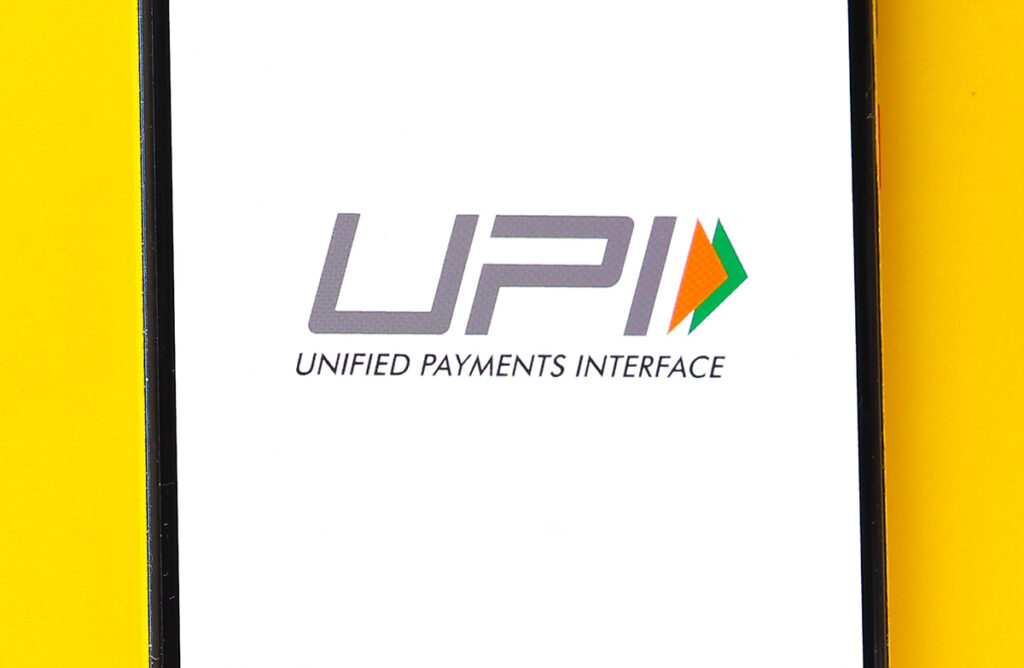Google’s local Indian unit has signed a memorandum of understanding (MoU) with NPCI International Payments Limited, the international arm of the National Payments Corporation of India, to expand the use of the country’s Unified Payments Interface. The MoU marks an important milestone in India’s efforts to promote UPI adoption outside the country.
The MoU simplifies access to the system for UPI users traveling abroad, provides more manageable cross-border payments for merchants, and provides a model for other jurisdictions creating seamless digital payment systems.
In 2017, Google launched the UPI-enabled Tez mobile app for the domestic Indian market and later included it in Google Pay. UPI, which NPCI introduced in 2016, is an open application programming interface running on the Instant Payment Service under the regulatory aegis of the Reserve Bank of India. At the end of 2023, UPI was handling about 12 billion transactions per month. That’s still a small number in comparative terms: Visa and Mastercard processed 242 billion and 113 billion credit card payments, respectively, per month in 2020, according to Statista.
The MoU with Google “will not only facilitate cross-border transactions for Indian travelers, but will also enable us to extend our knowledge and experience in operating a successful digital payments ecosystem to other countries,” Ritesh Shukla, CEO of NIPL, said in a prepared statement. “We are also excited about the opportunity to create a seamless and more connected international remittance network by further expanding UPI’s cross-border functionality.”
Google is not the first partner that NIPL has found to internationalize UPI. In September 2021, NIPL signed a memorandum of understanding with Liquid Group, a cross-border digital payments provider, to provide QR-based UPI payments in 10 countries in North and Southeast Asia. Two months later, it signed another memorandum of understanding with local payment platform provider PPR to give UPI access to PPRO payment service providers and global retailers.


